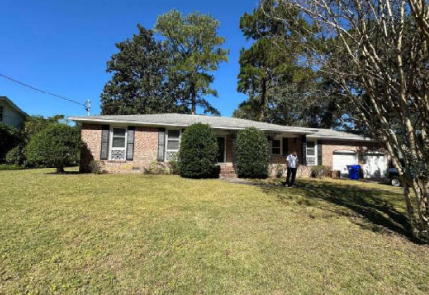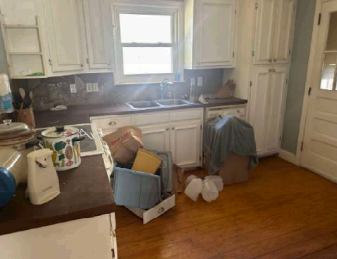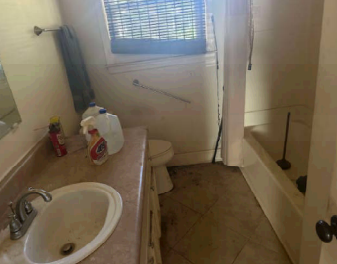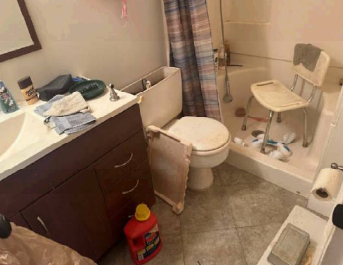In the world of real estate, success isn’t just about finding the best deals—it’s about building the right relationships. Whether you’re a real estate investor, lender, insurance agent, attorney, or another industry professional, attending networking events can open doors to new opportunities, partnerships, and valuable market insights.
The Power of Networking in Real Estate
Real estate is a relationship-driven business. Deals are made, funding is secured, and partnerships are formed through conversations and connections. While technology has made it easier to communicate, nothing replaces the value of face-to-face interactions at industry events.
Here’s why networking should be a priority for anyone in real estate:
1. Find Deals and Business Opportunities
One of the biggest benefits of networking is uncovering opportunities that aren’t widely advertised. Investors often share off-market deals, lenders discuss financing options, and agents provide insight into upcoming listings. The more people you know, the more access you have to exclusive deals and potential business collaborations.
2. Meet Potential Partners and Service Providers
Real estate transactions require a team—contractors, attorneys, lenders, title companies, and insurance providers all play a role. Networking events help you connect with trusted professionals who can support your business. Need a contractor for a renovation or an attorney to structure a creative deal? You’re more likely to find them through a recommendation at an event than a random online search.
3. Stay Ahead of Market Trends
The real estate market is constantly evolving, with changes in lending regulations, investment strategies, and economic conditions affecting how deals are done. Networking with other professionals keeps you informed about industry shifts, giving you a competitive edge. A casual conversation with a seasoned investor or lender could provide insight that shapes your next business decision.
4. Build a Strong Referral Network
Referrals are one of the best ways to grow your business. The more connections you make, the more likely people will think of you when an opportunity arises. A real estate agent might refer an investor to a hard money lender, or an attorney might introduce a client to an insurance provider. The relationships you build today can lead to business tomorrow.
5. Establish Credibility and Trust
Attending events regularly helps establish your presence in the industry. The more people see and interact with you, the more they recognize you as a serious professional. Trust is a key component in real estate transactions, and in-person networking fosters the relationships that lead to long-term partnerships.
Where to Start Networking
If you’re new to networking, start by attending events that cater to real estate professionals, such as:
- Real estate investor meetups (like REI groups)
- Industry conferences and trade shows
- Local Chamber of Commerce events
- Lender and finance workshops
- Attorney and insurance networking groups
Additionally, if you’re in the Lowcountry area, consider joining our Lowcountry REI Social Club, where real estate professionals can connect, share knowledge, and collaborate over a casual happy hour setting.
Final Thoughts
Networking is an investment in your success. By making connections, learning from others, and positioning yourself as a resource, you’ll open doors to new deals, partnerships, and business growth. So step out from behind the computer, shake some hands, and start building relationships that will take your real estate career to the next level!








